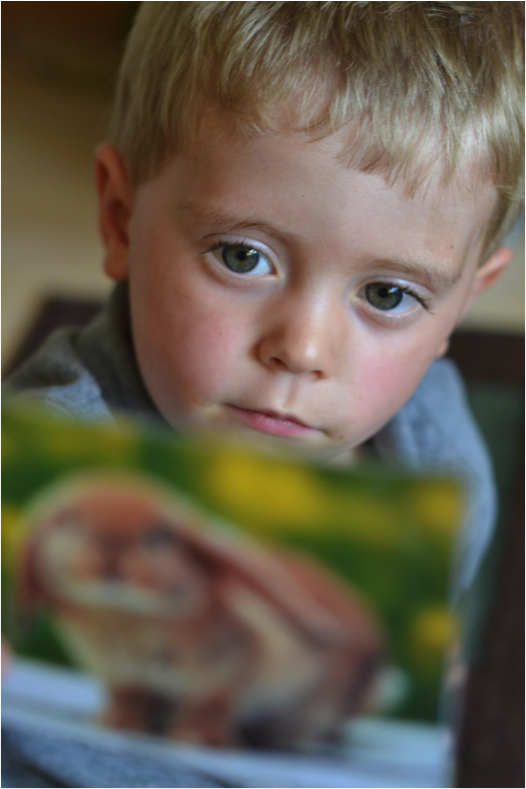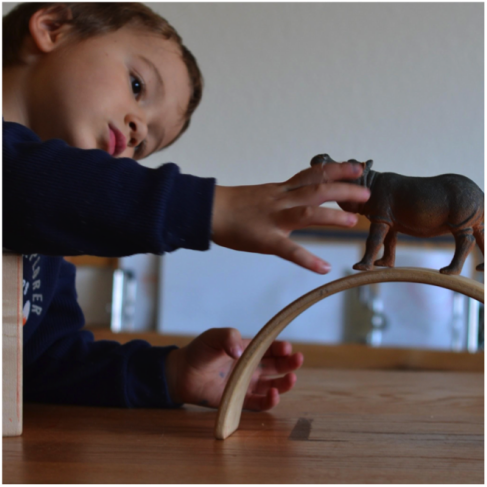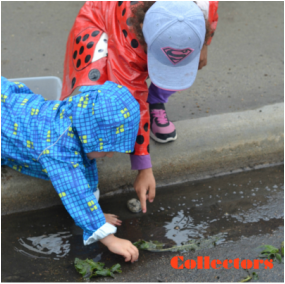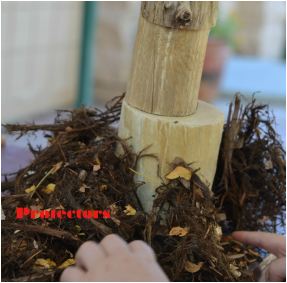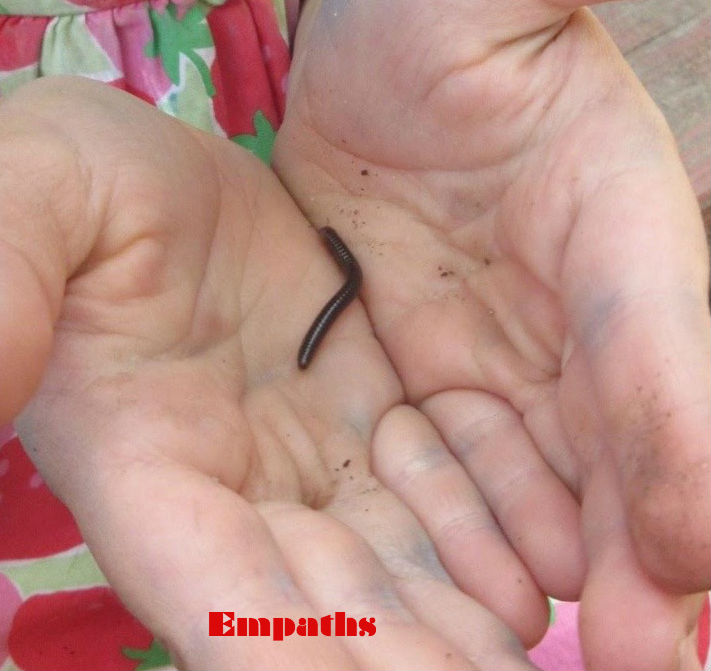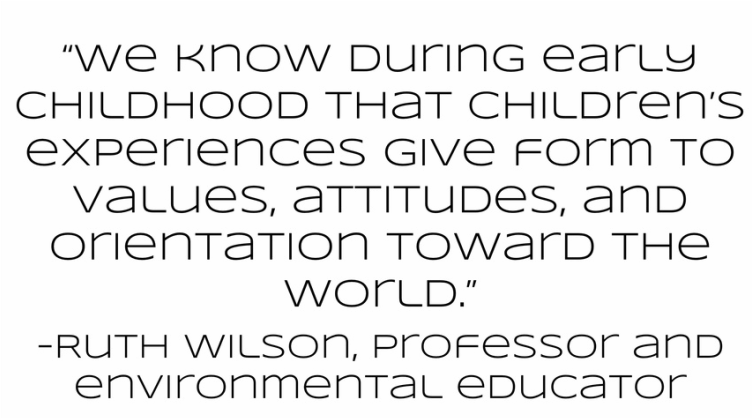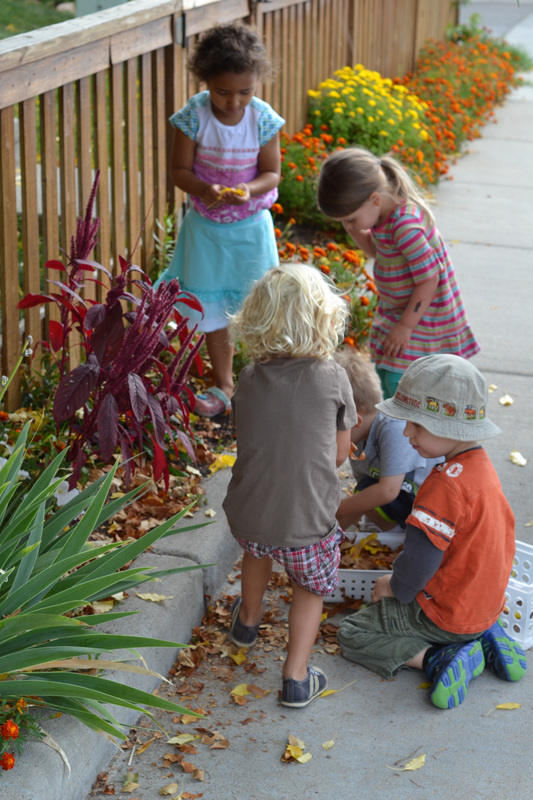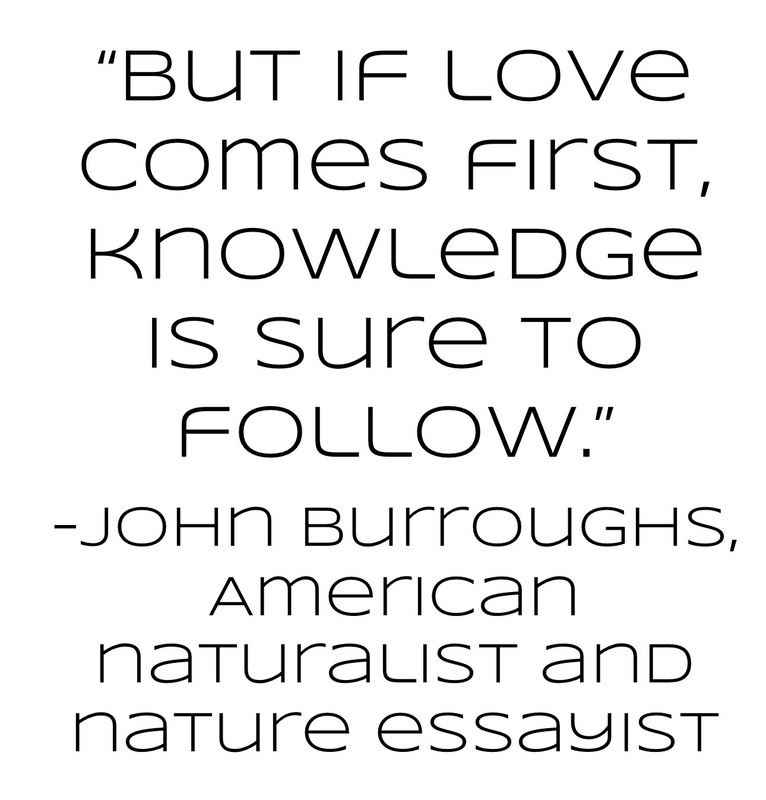|
Educational philosopher David Hawkins notes that there must be an “it” around which learning grows. This “it”—a central idea that has captured two or more learners and simultaneously supports the learners in understanding the content as well as each other—is critical to identify and foster.
The “it” that has emerged for our class of three and four year old children is enduring, meaningful relationships with animals. |
As we observed and documented the ways children engaged with animals, we wondered:
|
What can we learn from the unique relationship between children and animals?
|
How do the ways children care for animals support their expressions of empathy for all facets of the world?
|
One of the recurring investigations the children pursued was the collection, examination, and care of the wiggly worms that populate our gardens and sidewalks after rain.
|
|
"I was intrigued by the way the children related to animals that are not typically personified as “cute” or “easily lovable”. Worms tend to be slimy, they live in dirt, and they could be something we shy away from or are hesitant to touch. However, the leadership of one child and his enthusiasm for collecting and carefully handling these creatures encouraged us all to reconsider the worms.
"As he observed, 'Hey Della! Worms put slime all over you. How cool is that?!'" - Della Hinman, Classroom Teacher |
Roles the children played in the worm search:
|
"Learning kindness and compassion for even the smallest animals—those not typically “loved”—encourages children to show love and compassion for all they encounter—people, the planet—and not just those who are easy to love.
"This love for such a small creature illuminated the compassion with which we must approach the 'other'. When encountering something different or unfamiliar, manifested in the children's engagement with worms, the posture with which we embrace and learn matters more than the knowledge 'about' which might be developed. The children, as scientists and discoverers, developed many theories and constructed knowledge. "But what happens when we begin to know as opposed to merely knowing about?" -Della Hinman, Classroom Teacher |
To return to the 'Animal Friendships' landing page and explore more stories, click here


